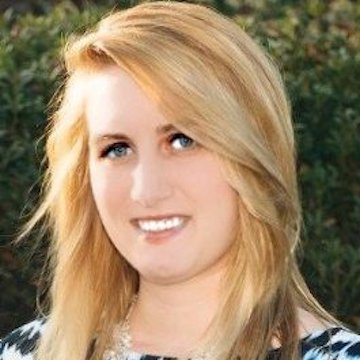Examining the Landscape of Agricultural Certainty Programs in the United States
Sponsored by the Agricultural and Food Law Consortium
Topic:

Agricultural certainty programs offer producers a level of protection from the ever-changing environmental regulatory landscape by granting them a grace period to implement more stringent regulations in the future if they achieve a certain level of compliance with present conservation requirements. This webinar will provide an overview of what agricultural certainty means, and the background and history of these programs in the United States.
We will discuss why these programs are desirable from different perspectives, whether it be from that of a producer, a government agency or other regulatory body, and from an environmental standpoint. Further, we will look at why governments have been creating these programs, what benefits these programs provide, and what questions and challenges still need to be addressed by these programs. Finally, we will look at several examples of existing state agricultural certainty programs to provide insight into how they are set up, what states have chosen as priorities for their programs, general patterns and provisions that are uniform across state lines, and factors states have looked at when creating these programs.
Participation:
This webinar was recorded on April 18, 2018. To listen to a recording of the webinar, please click here.
Presenter:
Gaby Gilbeau
Penn State Law
Gaby Gilbeau is a staff attorney at Penn State Law with a primary focus on agricultural and environmental law and policy. Gaby’s portfolio includes work in biomass crop and energy production, agricultural conservation, food production, and water quality law and policy. Additionally, she is the Program Coordinator for the Pennsylvania Agricultural Mediation Program, a USDA-sponsored program that offers alternative dispute resolution services to land owners and agricultural producers in conflict with the USDA.
Prior to her position at Penn State, Gaby earned two undergraduate degrees from Virginia Tech in Animal & Poultry Science and Dairy Science before attending law school at Penn State Law. She graduated from Penn State Law in 2015 and joined the Chesapeake Bay Foundation in Annapolis, MD, where she worked in the Litigation department on cases concerning water quality, property and development rights, conservation easements, human health, environmental justice, agricultural runoff, and the Chesapeake Bay Total Maximum Daily Load.
Research & Materials:
Coming soon